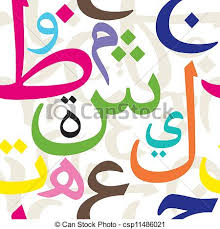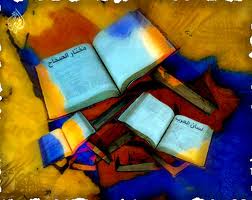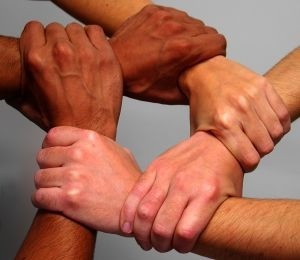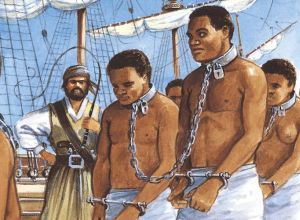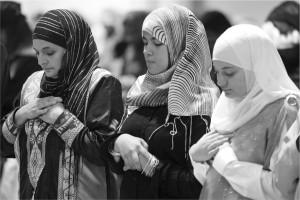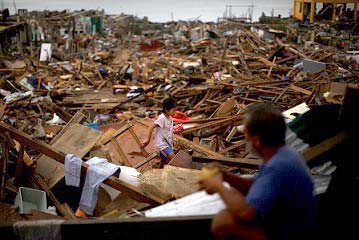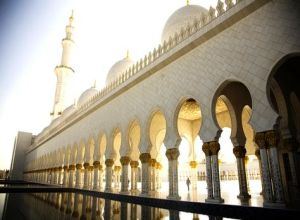The Arabic Language (Part 2/2)
As both the language of Islam and a medium of culture and learning for five centuries, Arabic came into close contact with several other languages. Asian and African languages such as Urdu, Turkish, Farsi, and Hausa borrowed a large number of Arabic words dealing with various aspects of culture, particularly those related to Islam.
Read More »The Arabic Language (Part 1/2)
By the beginning of the eighth century, the Islamic Arab Empire had spread from Persia to Spain, resulting in the interaction between Arabs and local populations who spoke different languages. In Syria, Lebanon, and Palestine, where the majority of the population spoke some dialect of Aramaic and where Arab tribes had been present in the vicinity, the local languages were for the most part replaced by Arabic.
Read More »Islam: The Call For Humanity & Equality
Prophet Muhammad once stood up as the funeral procession of a Jewish man passed by, to show his respect. This act demonstrated his belief in the equality of all humans. His companions asked him why he stood up, he said: “Isn’t he a human (like us).”
Read More »Islam and People with Disabilities
It is duty of we Muslims to shoulder the responsibility of showing the utmost care to those people, for, according to the teachings of our religion, those persons are sources of divine mercy and blessings being showered on us now and then. They are the weak for whose sake we are given sustenance and made victorious.
Read More »Slavery Abolition: Islam VS. Western Approaches
Reviewing the history of humankind with slavery starting with the Hunting Age, then the Pasturing Age, then the Cultivation Age, it becomes evident that slavery was an ongoing phenomenon throughout history. It becomes also clear that slavery was deep-rooted as a human conduct.
Read More »Islam: The True Emancipator of Women
The Muslim woman was given — more than 1,400 years ago — a role, duties, and rights that most women do not enjoy today, even in the West. These are from Allah and are designed to keep balance in society. What may seem unjust or missing in one place is compensated for or explained in another place.
Read More »Muslims Lead Philippines Relief
Out of Islam’s respect to human life and the high regard it gives to all living things, especially human beings, Muslim charity organizations and relief agencies all over the world felt it incumbent upon them to help our brothers in humanity in the Philippines after they were hit by the massive and destructive Typhoon Haiyan, November 2013.
Read More »`Ashura’ and Human Brotherhood
Fasting on the day of `Ashura’—throughout centuries since the time of Prophet Musa until our time by people of different faiths and cultures—gathers people under the umbrella of human brotherhood. It is a common duty, therefore, on all people, individuals and communities, to preserve and promote ties and values of brotherhood and sisterhood.
Read More »Islamic Shari`ah and the Principle of Hardship Removal
Humans are not perfect; the term human in Arabic (insan) has the connotation of being forgetful. With this in mind, Islam lifted strains and brought ease in such situations when people fail to fulfill their obligations out of forgetfulness.
Read More »The Impact of the Islamic Civilization (2/2)
The westerners made contact with our civilization in the Middle Ages in Syria and in Andalusia, before that they had never known a king revolting against a pope, or the uprising of a people against a king. They never thought that they had the right to call a ruler to account or to support one who was oppressed.
Read More »
